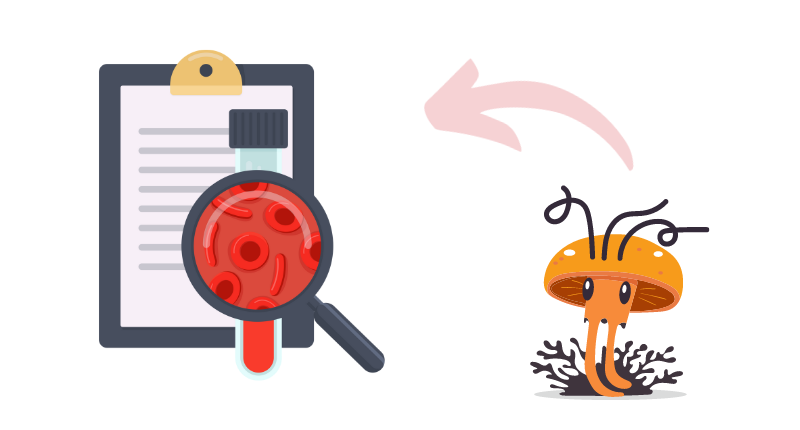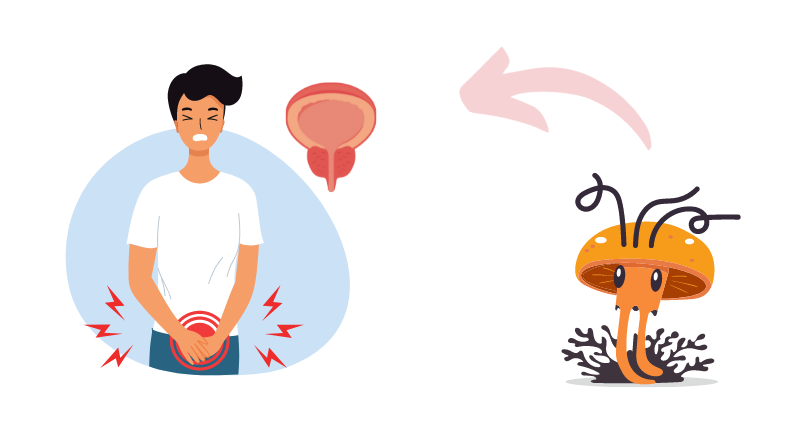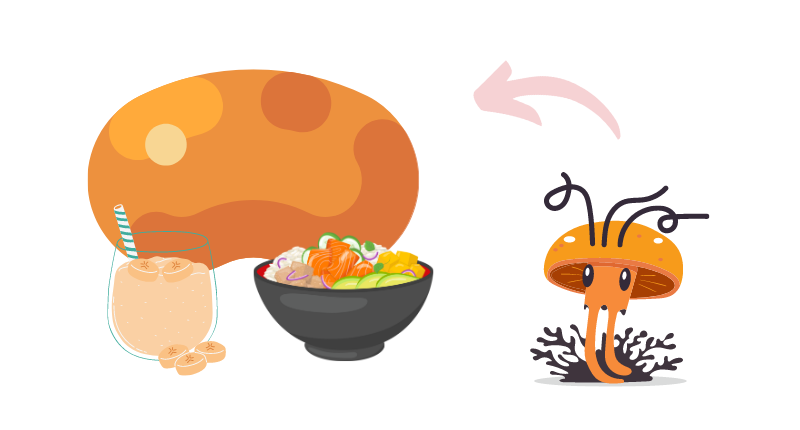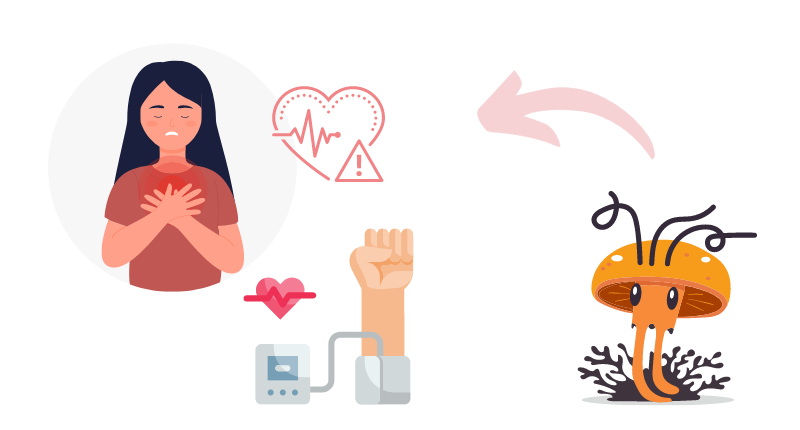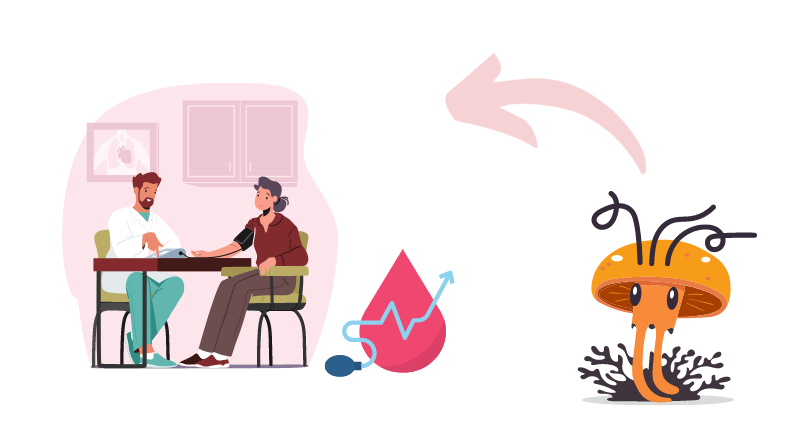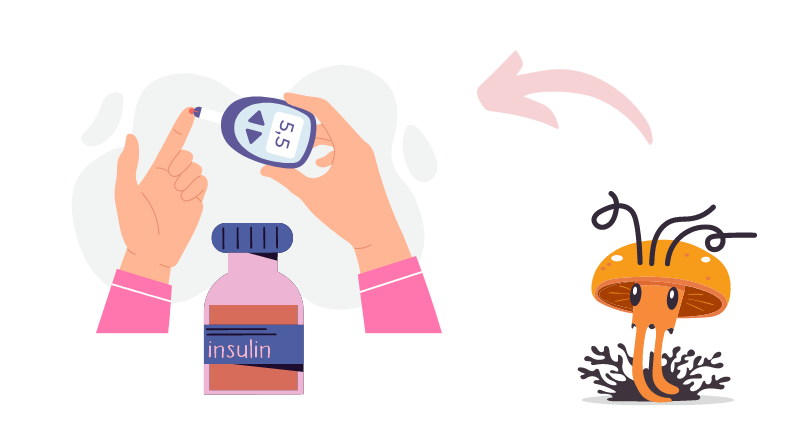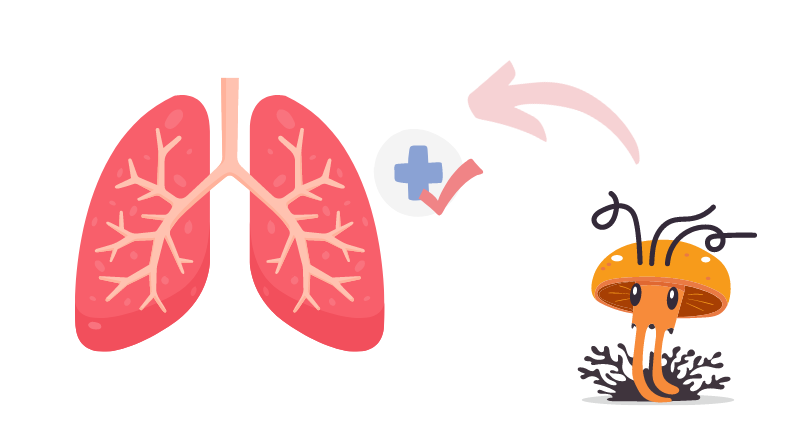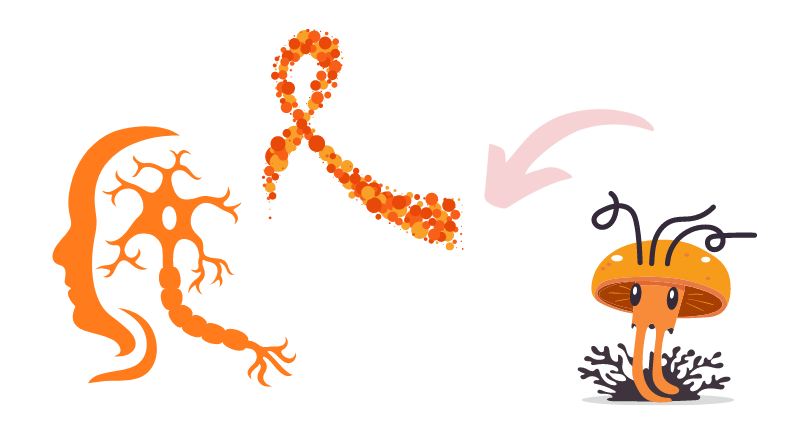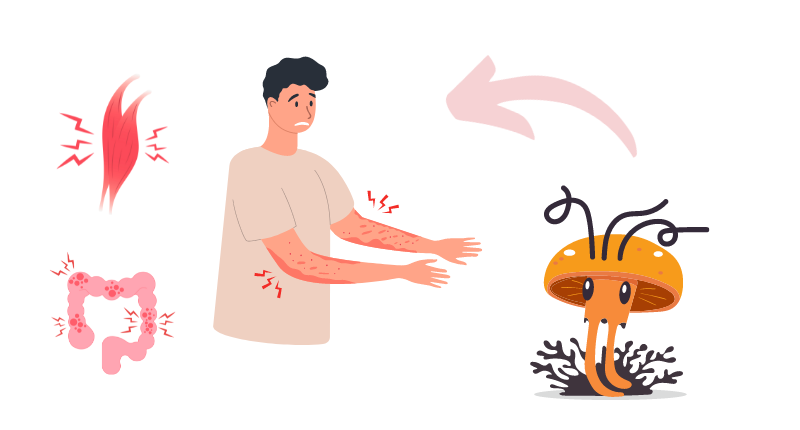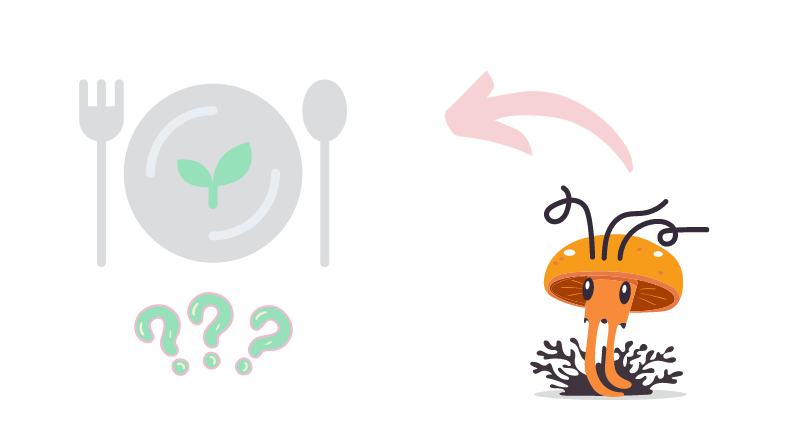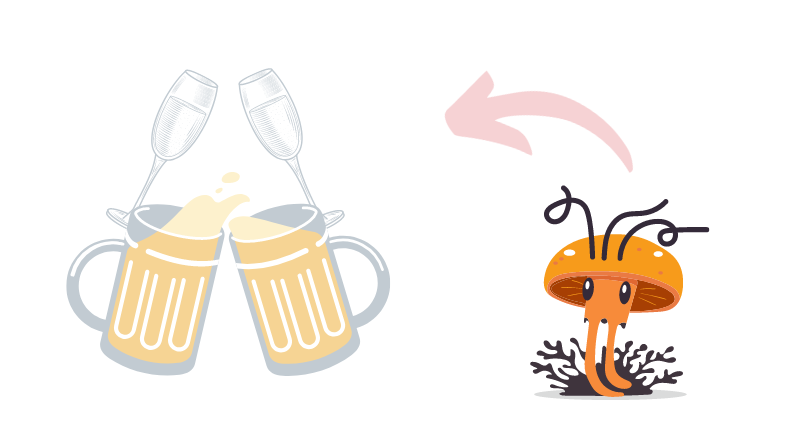Cordyceps is a genus of fungi that has gained popularity in recent years due to its potential health benefits. With the increasing use of cordyceps as a supplement and in traditional medicine, many people wonder whether taking it will affect their drug test results. In this article, we will explore the relationship between cordyceps and drug testing, and discuss the potential implications for individuals who consume cordyceps.
Please note that this article is for informational purposes only and should not be considered as medical advice. Always consult a healthcare professional before making any changes to your diet or supplement regimen.
WHAT ARE CORDYCEPS?
Cordyceps is a type of fungus that grows on the larvae of insects. There are over 400 species of cordyceps, but the most well-known and widely used species is Cordyceps sinensis, also known as caterpillar fungus[^1^]. This particular species is native to the high-altitude regions of the Himalayas and has been used in traditional Tibetan and Chinese medicine for centuries[^2^].
Cordyceps contains a variety of bioactive compounds, including cordycepin, polysaccharides, and sterols, which are believed to be responsible for its health benefits[^3^]. Some of the potential health benefits of cordyceps include:
- Improved athletic performance[^4^]
- Increased energy levels[^5^]
- Enhanced immune function[^6^]
- Reduced inflammation[^7^]
- Antioxidant properties[^8^]
USES OF CORDYCEPS
Cordyceps is used as a supplement and in traditional medicine for a variety of purposes. Some common uses include:
- Improving athletic performance: Cordyceps is believed to increase oxygen uptake and improve endurance, making it a popular supplement among athletes[^9^].
- Boosting energy levels: Some people take cordyceps to help combat fatigue and improve overall energy levels[^10^].
- Supporting immune function: Cordyceps has been shown to have immunomodulatory effects, meaning it can help to regulate and support the immune system[^11^].
- Reducing inflammation: The anti-inflammatory properties of cordyceps may help to reduce inflammation in the body, which can be beneficial for individuals with chronic inflammatory conditions[^12^].
- Antioxidant effects: Cordyceps has been found to have antioxidant properties, which can help protect the body from oxidative stress and damage[^13^].
CORDYCEPS AND DRUG TESTING
Drug testing is a common practice used by employers, sports organizations, and law enforcement agencies to detect the presence of drugs or their metabolites in a person’s body. The most common type of drug test is the urine test, which can detect various substances, including:
- Amphetamines
- Barbiturates
- Benzodiazepines
- Cannabinoids (THC)
- Cocaine
- Opiates (morphine, codeine, etc.)
- Phencyclidine (PCP)
- Synthetic cannabinoids (Spice, K2)
- Anabolic steroids
- Alcohol[^14^]
It is essential to understand that the primary objective of drug tests is to detect substances that are either illegal or prohibited in specific contexts, such as the workplace or sports. Cordyceps, as a natural supplement, is neither illegal nor a controlled substance.
WILL CORDYCEPS CAUSE A FALSE POSITIVE?
A false positive occurs when a drug test incorrectly indicates the presence of a prohibited substance. Although false positives are relatively rare, certain factors can contribute to them, including cross-reactivity with other substances, mislabeling of samples, or laboratory errors[^15^].
Cordyceps is not structurally or chemically similar to any of the substances commonly tested for in drug tests. As such, it is highly unlikely that consuming cordyceps would cause a false positive on a drug test[^16^]. However, it is essential to ensure that any cordyceps supplements you consume are pure and free from contaminants, as impurities or adulterants could potentially trigger a false positive.
If you are concerned about potential false positives, consider informing your employer, sports organization, or testing agency about any supplements or medications you are taking. This information may be helpful in interpreting your test results and addressing any concerns that may arise.
CONCLUSION
In summary, there is no evidence to suggest that cordyceps consumption will affect drug test results or cause a false positive. Cordyceps is a natural supplement that is not chemically similar to substances commonly tested for in drug tests. However, it is crucial to ensure that any cordyceps supplements you consume are pure and free from contaminants, as impurities or adulterants could potentially trigger a false positive.
Always consult a healthcare professional before making any changes to your diet or supplement regimen, especially if you are subject to regular drug testing.
REFERENCES
- Zhang, Y., Li, E., Wang, C., Li, Y., & Liu, X. (2012). The genus Cordyceps: a chemical and pharmacological review. Journal of Pharmacy and Pharmacology, 64(4), 474-493.
- Pandey, A. K., & Swamy, M. K. (2015). Traditional uses and medicinal potential of Cordyceps sinensis of Sikkim. Journal of Ayurveda and Integrative Medicine, 6(2), 94-99.
- Tuli, H. S., Sharma, A. K., Sandhu, S. S., & Kashyap, D. (2014). Cordycepin: a bioactive metabolite with therapeutic potential. Life Sciences, 119(2), 8-19.
- Hirsch, K. R., Smith-Ryan, A. E., Roelofs, E. J., Trexler, E. T., & Mock, M. G. (2016). Cordyceps militaris improves tolerance to high-intensity exercise after acute and chronic supplementation. Journal of Dietary Supplements, 14(1), 42-53.
- Chen, S., Li, Z., Krochmal, R., Abrazado, M., Kim, W., & Cooper, C. B. (2010). Effect of Cs-4® (Cordyceps sinensis) on exercise performance in healthy older subjects: a double-blind, placebo-controlled trial. The Journal of Alternative and Complementary Medicine, 16(5), 585-590.
- Yin, H., Tang, X., & Luo, B. X. (2015). Advances in the understanding of the immune modulatory mechanisms of Chinese cordyceps. Journal of Functional Foods, 17, 290-299.
- Ji, D. B., Ye, J., Li, C. L., Wang, Y. H., Zhao, J., & Cai, S. Q. (2009). Antiaging effect of Cordyceps sinensis extract. Phytotherapy Research, 23(1), 116-122.
- Li, S. P., Yang, F. Q., Tsim, K. W. (2006). Quality control of Cordyceps sinensis, a valued traditional Chinese medicine. Journal of Pharmaceutical and Biomedical Analysis, 41(5), 1571-1584.
- Parcell, A. C., Smith, J. M., Schulthies, S. S., Myrer, J. W., & Fellingham, G. (2004). Cordyceps Sinensis (CordyMax Cs-4) supplementation does not improve endurance exercise performance. International Journal of Sport Nutrition and Exercise Metabolism, 14(2), 236-242.
- Ahn, Y. J., Park, S. J., Lee, S. G., Shin, S. C., & Choi, D. H. (2003). Cordycepin: selective growth inhibitor derived from liquid culture of Cordyceps militaris against Clostridium spp. Journal of Agricultural and Food Chemistry, 51(13), 3654-3658.
- Koh, J. H., Kim, J. M., Chang, U. J., & Suh, H. J. (2003). Hypocholesterolemic effect of hot-water extract from mycelia of Cordyceps sinensis. Biological and Pharmaceutical Bulletin, 26(1), 84-87.
- Lee, H. H., Park, H., Sung, G. H., Lee, K., Lee, T., Lee, I., & Park, M. S. (2013). Anti-inflammatory effect of Cordyceps militaris in RAW264.7 macrophages. Journal of Microbiology and Biotechnology, 23(6), 854-861.
- Wu, D. M., Duan, W. Q., Liu, Y., & Cen, Y. (2014). Protective effects of polysaccharide from Cordyceps militaris on acute liver injury induced by carbon tetrachloride in mice. International Journal of Biological Macromolecules, 70, 233-238.
- Moeller, M. R., Steinmeyer, S., & Kraemer, T. (1998). Determination of drugs of abuse in blood. Journal of Chromatography B: Biomedical Sciences and Applications, 713(1), 91-109.
- Standridge, J. B., Adams, S. M., & Zotos, A. P. (2006). Urine drug screening: a valuable office procedure. American Family Physician, 73(5), 853-860.
- Uritu, C. M., Mihai, C. T., Stanciu, G. D., Dodi, G., Alexa-Stratulat, T., Luca, A., Leon-Constantin, M. M., Stefanescu, R., Bild, V., Melnic, S., & Tamba, B. I. (2018). Medicinal mushrooms as natural drugs with therapeutic potential. Journal of Clinical Medicine, 7(6), 174.

